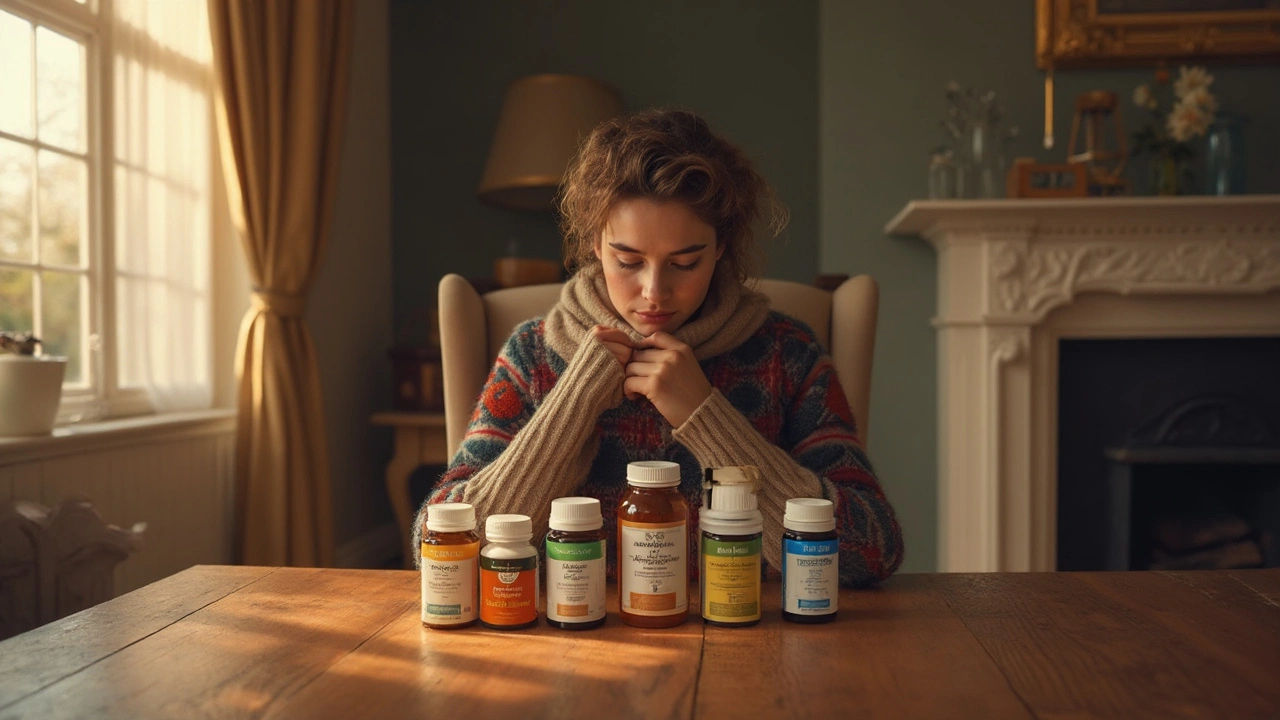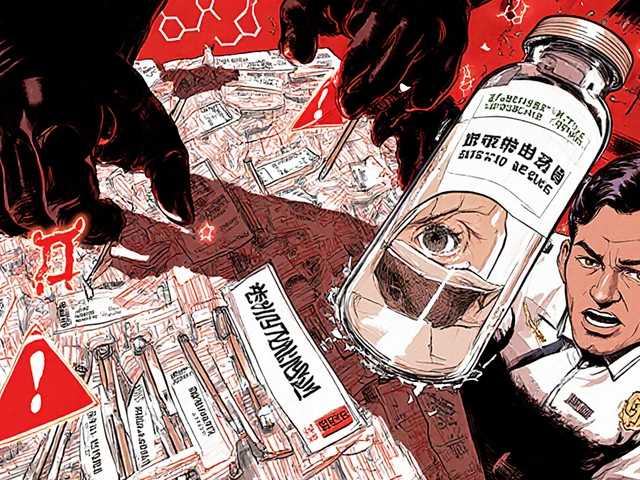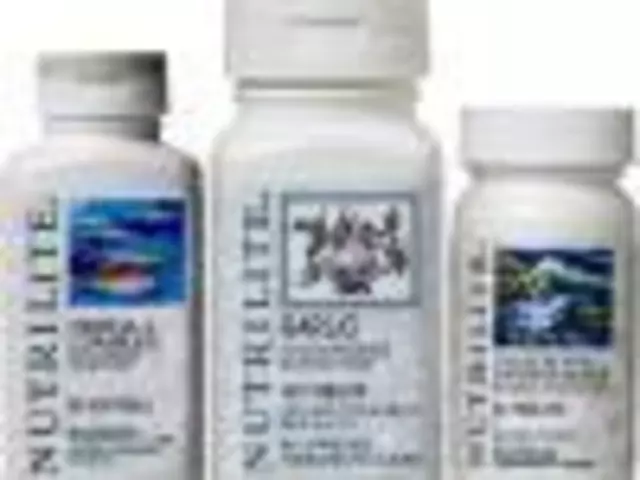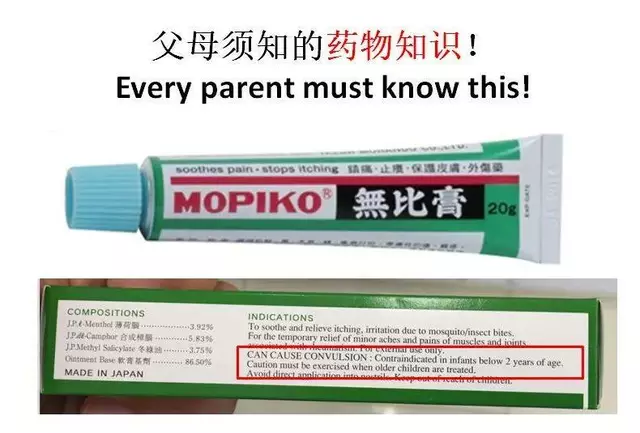Alcohol Dependency Treatment – Simple Steps to Get Sober
If you or someone you know is stuck in a cycle of heavy drinking, the first thing to realize is that help exists and it starts with one honest decision. Admit that alcohol has become a problem; this simple acknowledgment opens the door to real change.
Understanding Alcohol Dependency
Alcohol dependency isn’t just about willpower. It’s a brain chemistry issue where drinking creates cravings and withdrawal symptoms. Recognizing physical signs – shaking, sweating, strong urges – lets you see when professional help is needed instead of trying to go it alone.
The next step is a quick health check. A doctor can run basic labs to spot liver strain or vitamin deficiencies that often accompany chronic drinking. Knowing your body’s condition helps shape the right treatment plan.
Effective Treatment Paths
Detox is the first medical stage. In a supervised setting, doctors manage withdrawal safely with medications that ease tremors and anxiety. Even a short inpatient detox can prevent dangerous complications and give you a clean slate for therapy.
After detox, counseling becomes the backbone of recovery. Cognitive‑behavioral therapy (CBT) teaches you to spot triggers – like stressful jobs or certain friends – and replace drinking with healthier coping tools. Group sessions such as AA add peer support; hearing real stories often feels more motivating than any lecture.
If you need a structured environment, residential rehab offers 24‑hour supervision, therapy, and activities that rebuild daily routines without alcohol nearby. Choose a program that matches your needs – some focus on dual diagnosis (mental health + addiction), others on holistic approaches with exercise and nutrition.
For many, the next step is sober living housing. These homes provide a safe space between rehab and full independence, letting you practice new habits while still getting accountability from house managers and peers.
Don’t forget daily habits that reinforce sobriety: regular sleep, balanced meals, and physical activity boost mood and reduce cravings. Simple tools like keeping a drink diary or using an app to track urges can reveal patterns you didn’t notice before.
If relapse happens, treat it as feedback, not failure. Reach out immediately to your therapist or sponsor, adjust medication if needed, and revisit trigger‑management strategies. The faster you act, the less likely the slip becomes a full‑blown binge.
Finally, involve family or close friends when possible. Their support can fill gaps in motivation and help you stay honest about progress. Even a quick weekly check‑in can make a big difference.
Recovering from alcohol dependency is a step‑by‑step journey. Start with an honest assessment, get medical guidance for detox, commit to counseling or rehab that fits your life, and build daily routines that protect your sobriety. The road isn’t always smooth, but each small win adds up to lasting change.

Exploring Alternatives to Antabuse: Effective Alcohol Dependency Treatments
This article delves into six alternatives to Antabuse for the treatment of alcohol dependency. It explores each option's unique benefits and drawbacks, providing insights into their mechanisms and uses. With factual data, the article aims to educate those seeking assistance beyond Antabuse. Readers will gain a well-rounded understanding of each alternative's pros and cons, aiding their journey toward sobriety.
Detail



